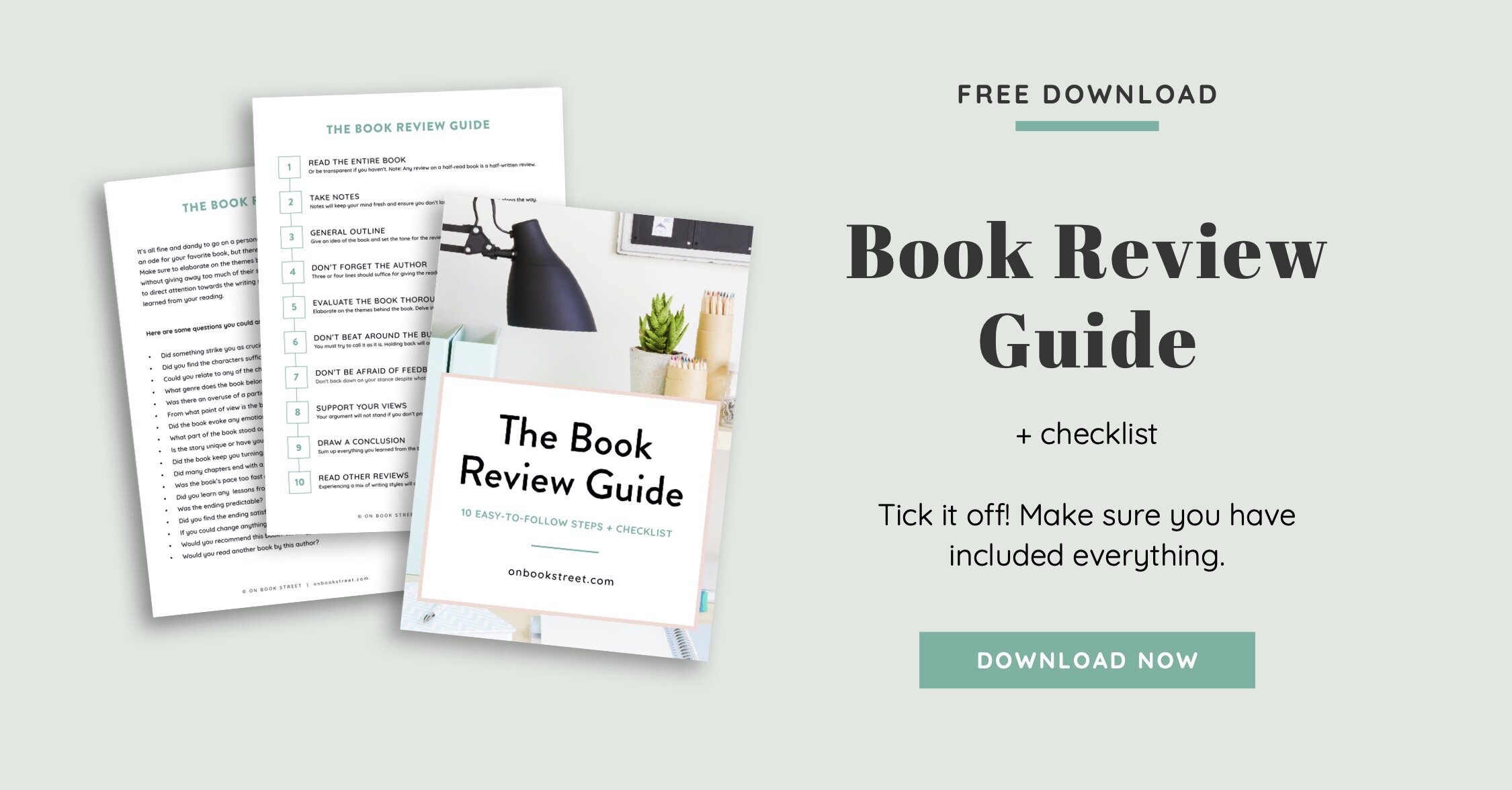

Maybe you discovered that it’s harder than it seems - along with everyone else who’s tried before you.
Maybe you like to do some research before jumping headfirst into any new endeavour.
Whatever the reason you've happened upon this article, you will find out how to navigate the intricate and enthralling world of book reviews. There’s a long road ahead, but it’s a fulfilling and delightful road so hop right in and get started!
I’m not insulting your intelligence with this one – there are many DNF (did not finish) book reviews flitting around. Any review on a half-read book is automatically a half-written review, and no one wants to read a half-written review.
You’ll not only do your review a disservice but any potential reader and the author of the book. It is impossible to paint a full, all-inclusive picture of the book if you have not reached its final page. Though you may want to fling the thing out of the nearest window you must remember that every page is vital to a fully-fledged and professional review. Tough it out, knuckle down, and just think of the cathartic relief as you spill your overflowing criticism into your scathing book review.
Or just DNF that thing and don't write one.
If you absolutely have to write a book review for a book you didn’t finish, make sure you are super transparent about the fact that you haven’t read the whole book and can’t paint a full picture.
Does something catch your eye? Makes you ponder? Strikes you as crucial to the book’s flow? Don’t assign it to memory – it’s not always as reliable as we like to think.
Notes will keep your mind fresh and ensure you don’t lose any vital perspective along the way. You may even begin to notice some themes, patterns or connections throughout your notes thus making your review an in-depth and hashed out one.
If recoil at the idea of writing on a book and are appalled by the thought of carrying around a notebook – you can pick yourself up some sticky notes or tags to place throughout the book. This sticky method is highly recommended as it helps you find exactly what section of the book you were commenting on.
There’s really no need for an extensive run-through of the book. Summary writers have already done that for you. You’re here to write a book review and people need to know what you’re reviewing.
Keep that in mind as you introduce your piece. The introduction should be concise and to the point. You don’t want to lose people before you’ve even given one opinion on the book at hand. Keep your eye on the prize at all times – your readers are here to discover your insight and opinion on a book. A story can become good or bad depending on how it is written – that’s what your readers really want to know.
This is also your chance to set the tone for the review – let readers know how you will be continuing throughout, don’t leave them waiting!

You must give credit where credit is due. Writing a book is a laborious task that can take years of work on just the editing alone!
Reference any milestones the author may have achieved throughout their lifetime. Let the reader know about any life experiences they had that could possibly have influenced their writing. If they have a degree – mention it. Exercise a literary profession? Shout it from the rooftops.
Three or four lines should suffice for giving the reader an idea of who is behind the book. In this section, you should also include the publisher, translator and any other essential information pertaining to the book.
It’s all fine and dandy to go on a personal diatribe against a book or weave together an ode for your favourite book, but there is so much more to a proper book review than this. Make sure to elaborate on the themes behind the book. Delve into the characters without giving away too much of their storyline, show how the character dynamics develop and interweave throughout the book. During this part of the review, it is possible to perform character analysis’ and opine on whether you found the character to be sufficiently developed and realistic.
During the evaluation any possible tropes such as a ‘Mary Sue’ character should be noted and reviewed – take into account whether the trope is appropriate for the storyline or if it is utilized due to lazy writing.
Be sure to direct attention towards the writing style of the author – whether it be flippant, conversational or formal – the tone and style can completely change a reader’s experience of a book. This point also ties into the importance of pointing towards a specific genre for the book. The reader wants to know what they’re in for. If there’s an overuse of a particular trope, plot device or the characters all have suspiciously similar dialogue – be sure to mention it. Don’t forget to sing the praises of all the beautiful aspects of the book that you might find, maybe even quoting some particularly striking lines from the book to provide your reader with insight into the book.
Even share what you have learned from your reading. If you have learned how to simultaneously let go of the past and remember it from “The Picture of Dorian Gray” or how completely changing who you truly are for someone else doesn’t benefit anyone from “The Great Gatsby”, then let the reader know. Sharing the knowledge and lessons you have garnered from a book despite your opinions can be incredibly beneficial to the reader, giving them the opportunity to follow in your footsteps. This is only one part of what makes reviewing books so rewarding.